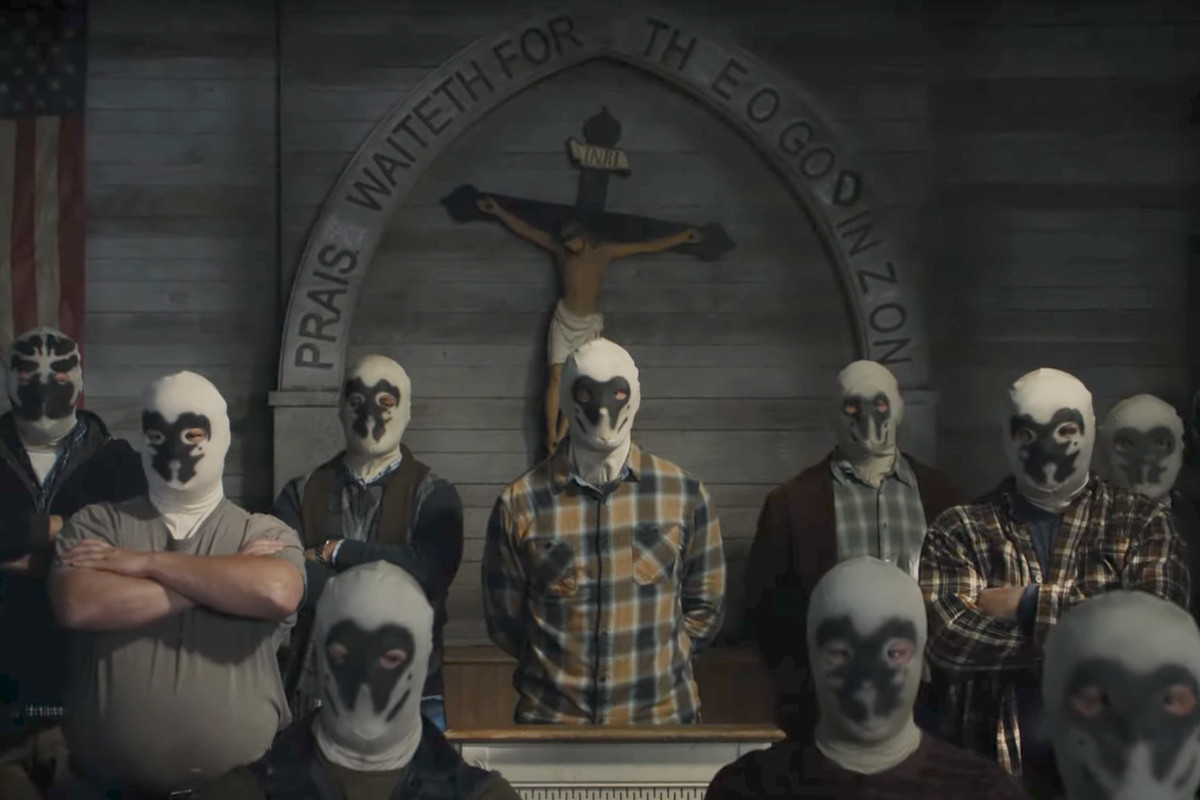If all live-action superhero media stopped here, it would've been a triumphant conclusion. Carving its own path from the subversive Alan Moore classic and still so much gutsier than most superhero films and TV shows, Damon Lindelof's Watchmen miniseries continues interrogating the idea of powerful masked vigilantes to explore institutionalized racism, America's history of anti-Black violence, and even the phenomenon of white supremacy in "nerd culture" fandom. It's an incendiary take on a genre that's all-too-often reduced to mindless fantasy action, and it never tries to beat other properties at their own game—relying on constantly building intrigue and fantastic characters to tell its story. But even if you're not familiar with the original Watchmen story, the series should have enough style and intricate plotting for everybody. A pulsating musical score from Trent Reznor and Atticus Ross; gritty (but not flavorless) art direction; and powerful performances from Regina King, Tim Blake Nelson, and Jean Smart, among others complete this vision of a nation plunged into chaos due to collective unresolved trauma. All this makes for viewing that's never difficult, but demands trust and attention even as the story branches off to places that seem at odds with itself. How often can you say that about a superhero story these days?
Synopsis
Set in an alternate history where “superheroes” are treated as outlaws, “Watchmen” embraces the nostalgia of the original groundbreaking graphic novel while attempting to break new ground of its own.
Storyline
Following the events of the original comics, masked police detective Angela Abar uncovers a conspiracy involving a white supremacist militia influenced by the late vigilante Rorschach.
TLDR
Yeah, Marvel can be good sometimes, but does the MCU have Lube Man? Checkmate.
What stands out
Several of Watchmen's episodes tell a unique, self-contained story within them, and the best of these nine installments is easily the sixth, entitled "This Extraordinary Being." Presented in stylized black-and-white and featuring a stellar lead performance by Jovan Adepo, the episode is an origin story (that staple superhero trope) of the series' very first superhero—whose image is eventually whitewashed into something more marketable and "palatable" to those already aligned with white supremacist ideology. It's an intense, frequently shocking hour of TV that challenges the very notion of a superhero and the kind of world they endorse.







